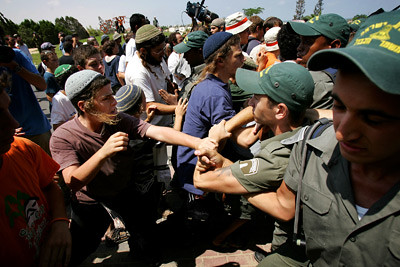Bolshevik revolutionary leader Moisei Uritsky is assassinated.
Moisei Solomonovich Uritsky was a prominent Bolshevik revolutionary leader who played a significant role during the early days of the Russian Revolution and the subsequent Russian Civil War. He was born on April 14, 1873, in the town of Romny, which is now part of Ukraine.
Uritsky became involved in revolutionary activities at a young age and joined the Russian Social Democratic Labour Party (RSDLP), which later split into the Bolshevik and Menshevik factions. He sided with the Bolsheviks and was known for his fervent dedication to the party’s cause.
During the October Revolution of 1917, which led to the Bolsheviks’ rise to power, Uritsky played a crucial role in Petrograd (modern-day Saint Petersburg), which was a key center of revolutionary activity. He was appointed as the head of the Cheka (All-Russian Extraordinary Commission for Combating Counter-Revolution and Sabotage), the Bolshevik secret police and security agency.
However, Uritsky’s time in power was short-lived. On August 30, 1918, he was assassinated by Leonid Kannegisser, a young man who opposed Bolshevik rule and held Uritsky responsible for the repressive actions of the Cheka. Kannegisser managed to infiltrate Uritsky’s office in Petrograd and shot him, before being apprehended and subsequently executed.
Uritsky’s assassination was a significant event during a period of intense turmoil in Russia. It further highlighted the deepening divide between the Bolsheviks and their opponents, both within and outside the party. Uritsky’s death also contributed to the Bolsheviks’ growing concern about internal security and the need to suppress perceived threats to their rule.
Following Uritsky’s assassination, Felix Dzerzhinsky took over as the head of the Cheka. Dzerzhinsky continued Uritsky’s work of establishing a strong and feared security apparatus, which played a key role in maintaining Bolshevik control during the early years of the Soviet regime.

